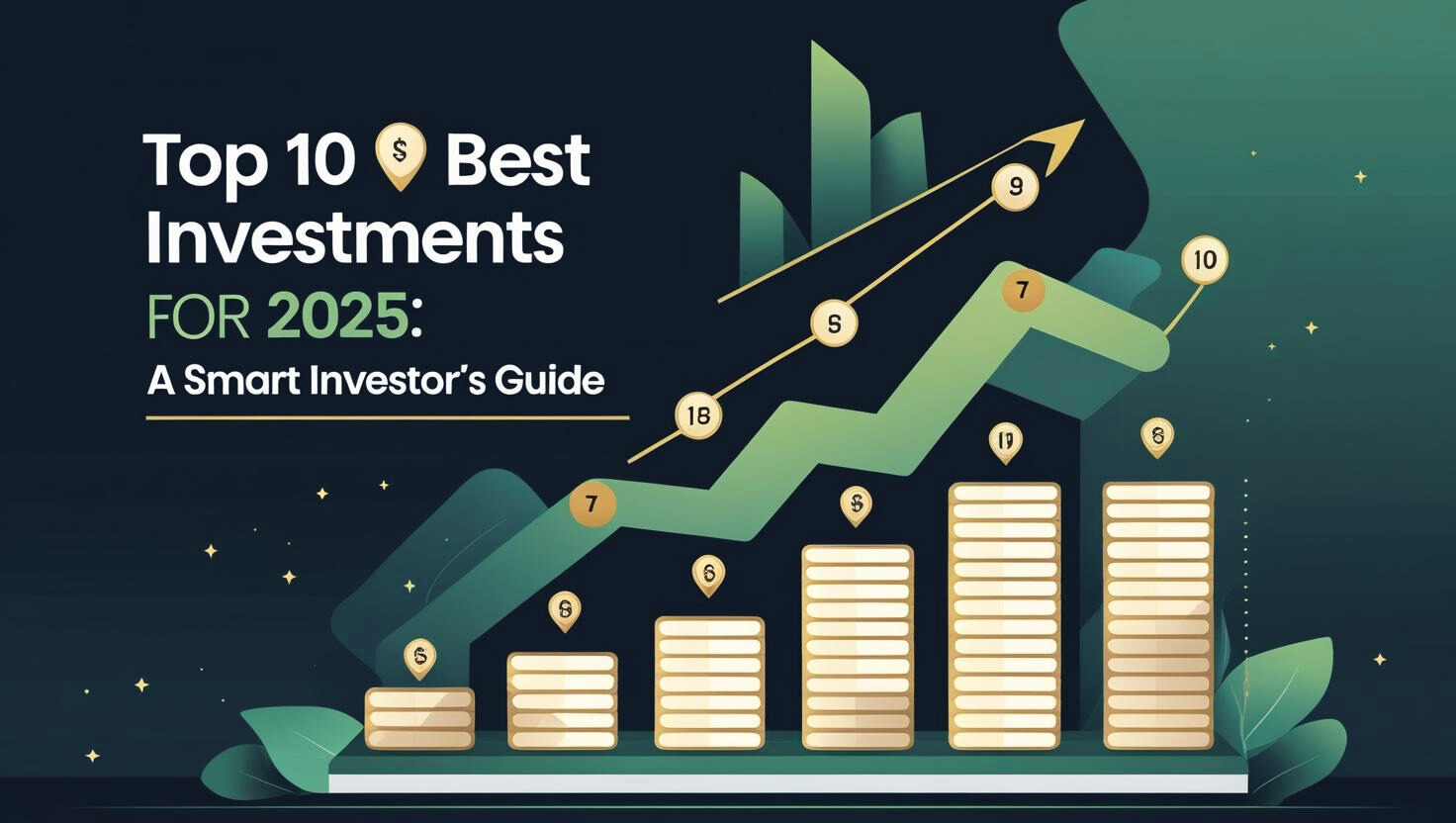Let’s explore what a healthy financial picture looks like at 30, how to calculate where you stand, and what steps you can take to build long-term financial wellness.
The Reality Check
First, drop the guilt. Everyone’s financial journey is different. Comparing your net worth to someone else’s is rarely helpful. Still, understanding broad benchmarks can help you gauge your progress and identify areas to grow.
By 30, some financial advisors suggest you should aim to have savings equal to your annual income. But the key word here is aim. Life is unpredictable—especially in the current economy—and what matters more is developing good financial habits than hitting an arbitrary number.
What Influences Your Financial Health at 30?
- Career trajectory: Are you in a stable industry? Are you still paying off education loans?
- Geographic cost of living: Living in a high-rent city affects how much you can realistically save.
- Life choices: Have you invested in property? Are you starting a family? Traveling frequently?
Your situation will determine what’s “normal” for you. The most important thing is whether you’re actively making progress.
Breaking Down Your Financial Goals
Instead of obsessing over net worth, focus on three powerful pillars of personal finance:
1. Emergency Fund: You should have 3–6 months’ worth of expenses saved in a liquid account. This provides a safety net if you lose your job or face unexpected expenses.
2. Retirement Savings: Whether it’s through a 401(k), IRA, or a private savings plan, the earlier you start, the more you’ll benefit from compounding. Even modest monthly contributions in your 20s can build substantial wealth by retirement.
3. Debt Management: Reducing high-interest debts is one of the fastest ways to increase your net worth. Credit cards, payday loans, or auto loans can sabotage long-term wealth if not managed.
Net Worth vs Income
Another mistake people make is focusing solely on income. While earning more is great, what you do with that income matters even more. Someone making $60k who lives below their means and invests wisely can be financially healthier than someone earning $100k and living paycheck-to-paycheck.
Net worth is the better indicator of financial progress. It’s calculated by subtracting liabilities (debts) from assets (savings, property, investments).
Side Hustles and Passive Income
2025 has seen a surge in digital side hustles, freelancing, and content monetization. Many millennials and Gen Z professionals are embracing passive income—from digital products, affiliate marketing, or dividend investing—to boost their savings.
If you’re 30 and feeling behind, developing an alternative income stream could fast-track your savings without sacrificing your day job.
Building Financial Confidence
Here’s what will give you peace of mind more than any number in your bank account:
- Tracking your monthly income and expenses
- Paying off or avoiding high-interest debt
- Investing for the long term—even in small amounts
- Automating your savings
- Having a clear vision of your financial goals
Confidence comes from control. Control comes from awareness. And awareness starts with looking honestly at your current habits.
Don’t Chase, Build
The question isn’t just how much money should you have at 30, but rather—how are you setting yourself up for the next 30 years? The goal is not to meet a rigid benchmark, but to build systems and behaviors that support your future self.
Whether you’re ahead or behind, the best time to start taking control of your finances is today. And if you’re already doing that? You’re right where you need to be.






